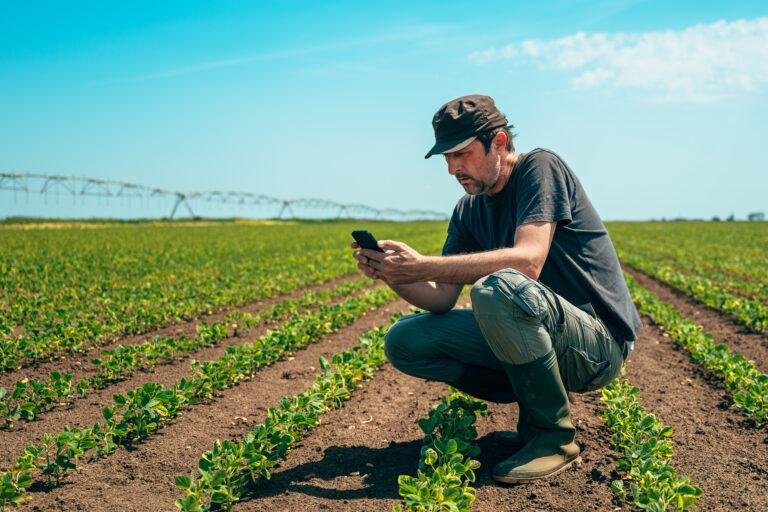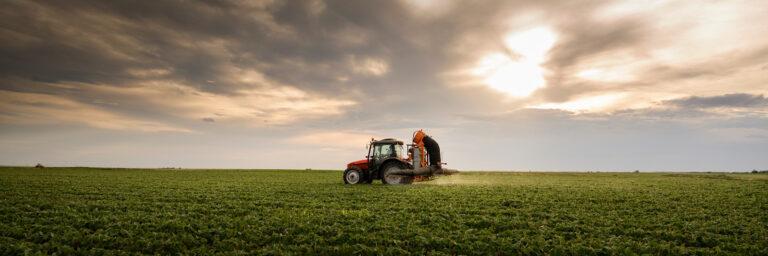
United Kingdom Research and Innovation (UKRI) have today announced the next phase of the Land Use for Net Zero Nature and People (LUNZ) Programme, which aims to mobilise and support research that works in partnership with government and industry to tackle net zero through action in the UK land sectors.
Funding has been granted for five separate consortia of research organisations, that will carry out cutting-edge research into the interlinking themes of soil health, agricultural systems and land use change.
This is the second phase of the LUNZ Program, following the launch of the LUNZ Hub (in November 2023) which is tasked with convening a transdisciplinary, cross-sectoral community to co-develop pathways, advance research, integrate knowledge, identify routes to impact and fast-track evidence into policy to support the UK in the transformation towards net zero, while meeting other environmental and societal goals.
Reacting to the announcement, LUNZ Hub co-lead Professor Lee-Ann Sutherland (James Hutton Institute) said: “These are groundbreaking and ambitious projects that address many of the critical research gaps and challenges behind how we transition UK land use for both climate goals and society as a whole.
“In their design these projects reflect many of the characteristics of the Hub: transdisciplinary, addressing social, economic and scientific challenges simultaneously, and with a strong emphasis on designing and imagining scenarios that explain the transition to Net Zero.
“Over the course of the program the LUNZ Hub will work closely with the LUNZ Projects to identify synergies and opportunities for collaboration, as well as potential drivers of change and viable policy levers.”
LUNZ Hub co-lead Professor Heiko Balzter (University of Leicester) said: “We’re looking forward to embedding these projects in the work of the LUNZ Hub, and expanding our truly transdisciplinary community that can work across research, business, policymaking and the third sector.
“The breadth of organisations involved in these projects, and the combined expertise of the principal investigators is inspiring to see, and it will be exciting to paint a multi-disciplinary picture of the solutions that can be delivered at scale through local and national policy action.”
“We’re looking forward to embedding these projects in the work of the LUNZ Hub, and expanding our truly transdisciplinary community that can work across research, business, policymaking and the third sector."
Professor Heiko Balzter, University of Leicester
The projects cover the following five topics:
You can find out more about each of the projects on the LUNZ Hub website: https://lunzhub.com/projects/
"We are excited to be involved in two LUNZ hub projects that aim to deliver tangible benefits and outcomes for not just UK farms and producers, but also for the whole agri-food supply chain, and inform government policy."
Dr Rachael Ramsey, Head of Science and Research at Agrecalc


After two years of operation as a Limited Company, Agrecalc became part of Scotland’s Rural College (SRUC) as of 1 April 2025.

Biochar is a carbon-rich material produced by pyrolysing biomass, which offers a variety of potential agronomic benefits. In this guest article, Black Bull Biochar discusses how these effects work together to bolster productivity, sustainability, and resilience in farming.